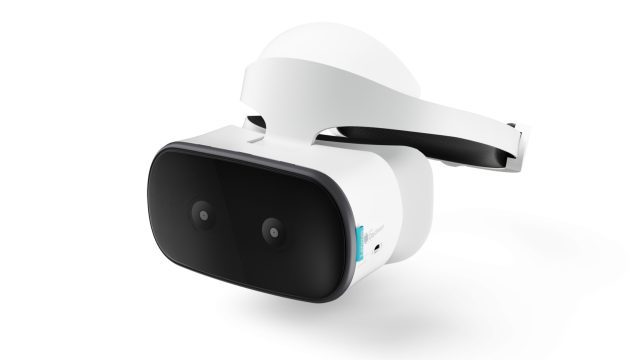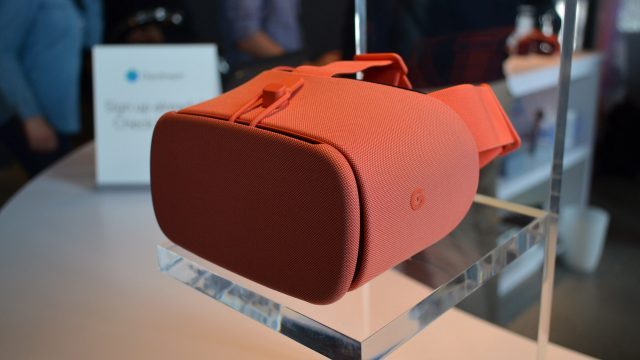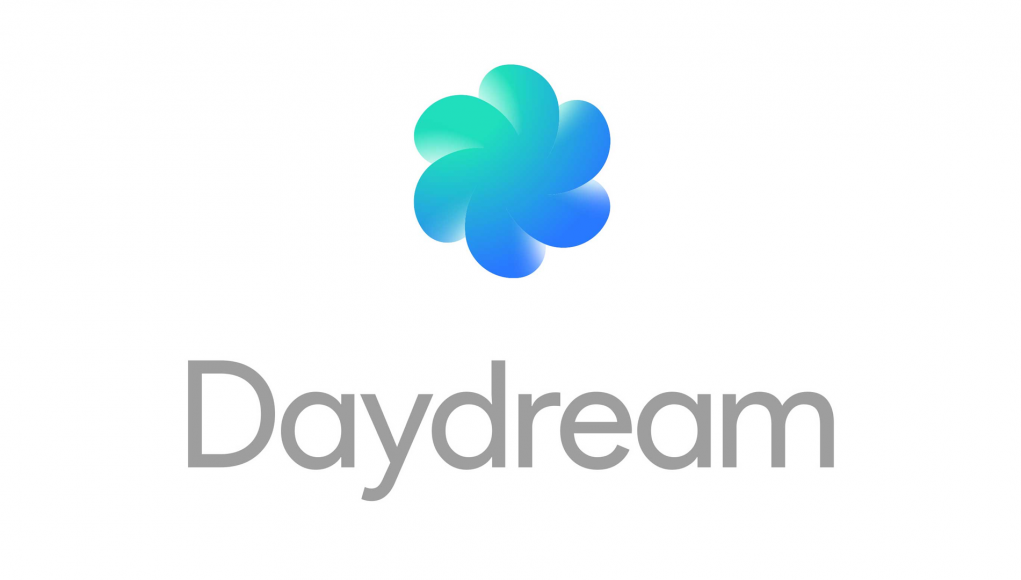If you’ve felt that Google has been quiet about their Daydream VR initiative for a worrying amount of time, you aren’t alone. Their annual developer conference, Google I/O, this week is the latest opportunity for the company update the world on their VR ecosystem, but there’s little more than silence.
Following the muted launch of the first Daydream standalone headset last year (the Mirage Solo), Google has had very little to say about their once sky-high Daydream ambitions. A total lack of anything Daydream related at Google I/O this week only further shows that the company has shifted its interests elsewhere.

The event’s opening keynote didn’t mention Daydream once in its two hour span. The Google I/O schedule doesn’t have a VR category this year, let alone a single session with a description mentioning “VR,” virtual reality,” or “Daydream.” In the press area of the event, a ‘Made by Google’ kiosk showed off the company’s hottest hardware, but excluded any Daydream headsets. Officially, Google has no news to share about Daydream at I/O this week.

Instead, Google’s focus has clearly shifted toward augmented reality, and it isn’t hard to understand why. VR’s primary use-case on a mobile operating system like Android is entertainment. But beyond operating an app store which can host entertainment content, Google itself isn’t an entertainment company. They hoped VR developers would flock to the Daydream platform because of its (potential for) scale, but Google perhaps underestimated the chicken-and-egg problem of needing quality content to attract users to the platform before developers would see it as a viable option (especially in the face of other platforms like Gear VR which boasted a vastly larger install base).
AR, on the other hand, is very much focused on utility rather than entertainment. And it’s here where Google has a real advantage, specifically because the company’s core competency revolves around identifying, organizing, and surfacing information.
It’s one thing to be able to convincingly track a 3D object against a backdrop of the real world so that it feels like it’s part of your environment—do that well and you can build some cool apps, but mostly ones that don’t actually leverage the power of AR to mix the real world with the virtual world. For AR to really reach its potential, a system needs to understand the world of the user so that AR applications can do things that are more useful than just manipulating 3D objects against the backdrop of the real world.
That’s what Google thinks it can do best—and where the company is now focusing its efforts, while choosing to pull back on ‘Daydream’ as a brand and product.







